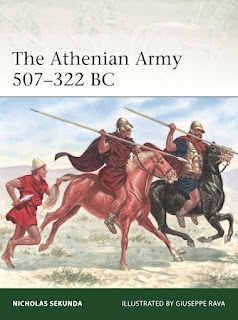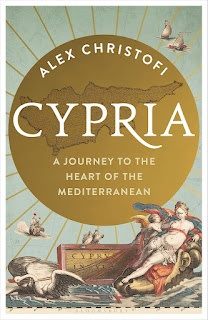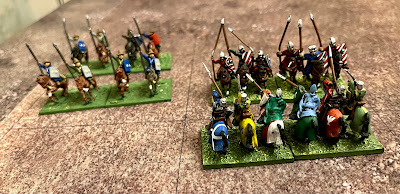Last September, I reviewed Jim Ring's book, Hitler's War in the Alps, which started me down the rabbit hole of Switzerland and WW2. I have previous on this sort of wargaming distraction, not to mention a book on another neutral, Turkey.
The Swiss published a German invasion plan in 1933, but more needed to be done to modernise the Swiss Army and their defence plan. In 1938, in the aftermath of Anchluss, the Swiss declared that it was 'Switzerland's secular mission in Europe to guard the passage of the Alps in the interests of all.'
General Guisan reorganised their defences and, in May 1940, mobilised 700,000 men, almost one in five of the Swiss population. He controversially decided to screen the border and fall back to the Alpine Redoubt. This meant abandoning the major cities, but the idea was more of a deterrence as the Axis would be blocked from the main communication routes like the Simplon Tunnel. The army was equipped to fight WW1, although the terrain and the size of the military would have made it a challenging prospect for the invaders.
On 12 August 1940, Captain von Menges revised his plan and submitted it to Halder. He allocated 11 divisions (150,000 men) for the attack, adjusting the Axis of the attack following a reconnaissance along the border. Operation Sea Lion and Operation Barbarossa put the plan on the back burner.
So, a modest wargaming 15mm project was born. The first challenge was figures, as the Swiss army wore a distinctive helmet. No manufacturer did it, although a scalpel to the Dutch helmet might work. Then I came across these 3D prints by Eskice Miniatures. Postage from France was prohibitive, but I found a UK supplier, although his illness meant the delivery was delayed a long time. It's not a massive problem, as I am not short of projects! The prints are well-sculpted and relatively clean. They don't come with the bases in the sales picture, so use a strong super glue. We will see how robust they are after handling on the wargame table.
I went for the early war grey uniform and black helmet, as that was the period most likely for invasion. This Swiss militaria site was helpful, and a museum in Switzerland has a range of uniform types.























